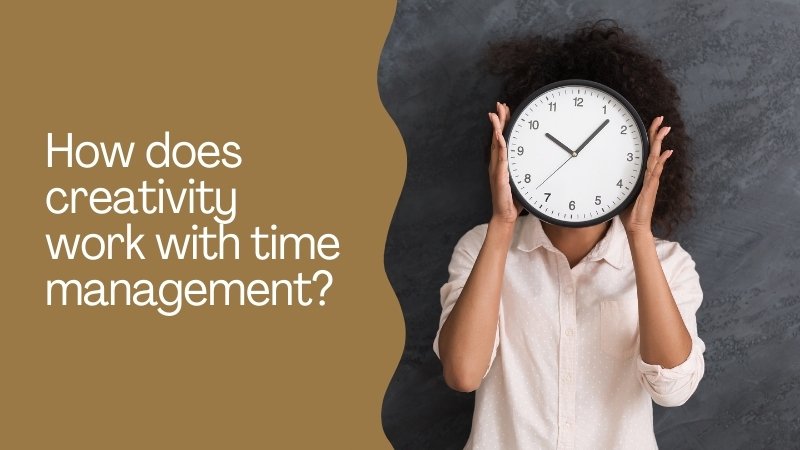Creativity and time management can support each other when balanced correctly — especially for individuals managing mental health. While creativity often feels spontaneous, it can thrive within well-structured routines that reduce stress and mental overload.
In mental health, disorganization, anxiety, or burnout can disrupt creative thinking. When the mind is constantly overwhelmed or scattered, it’s harder to access the clarity and freedom needed for new ideas. That’s where time management becomes essential — not as a strict system, but as a mental health tool.
Time blocking creative periods (e.g., 30–90 minutes of focused idea generation) helps reduce decision fatigue.
Setting boundaries around work and rest protects emotional energy, preventing creative burnout.
Mindfulness and reflection during breaks can lead to more meaningful, emotionally intelligent ideas.
Sleep, nutrition, and routine play a vital role in both cognitive function and creative output.
Creativity doesn’t mean chaos — it often flourishes in calm, intentional environments. Good time management provides structure that supports mental well-being, which in turn unlocks deeper creative potential.
Mental Health Insight:
People living with ADHD, anxiety, or depression often struggle with both creativity and time management. Developing small, manageable routines and seeking therapeutic support can help them create mental space for innovation.
If you’re experiencing creative block or feeling mentally exhausted, it may be a sign of emotional overload. Therapy can help you build healthier habits that support both productivity and well-being.


